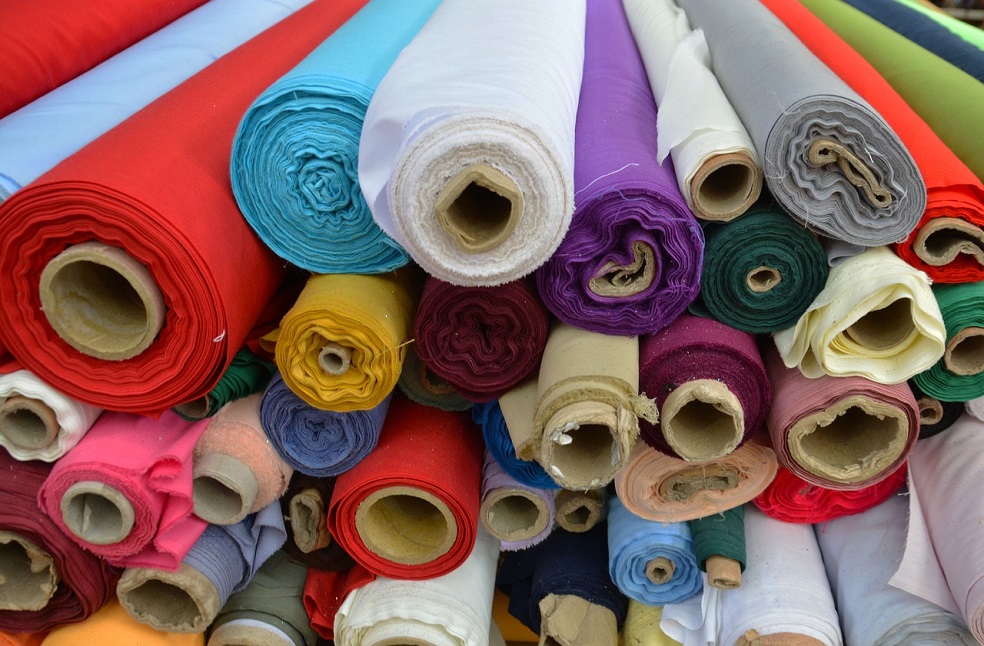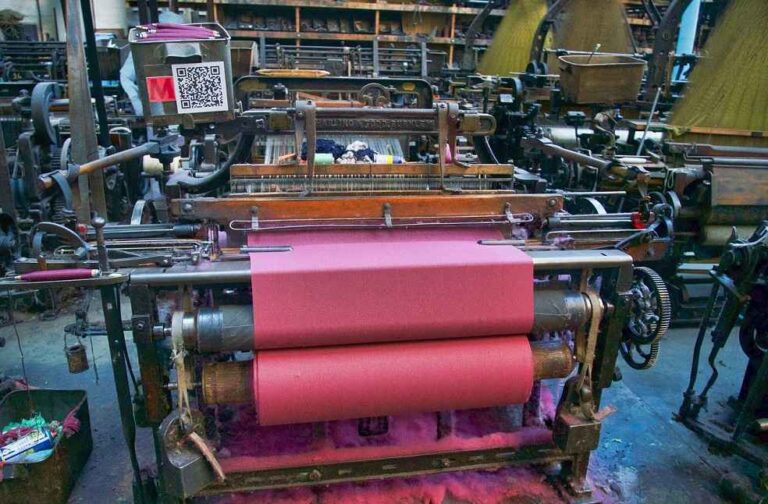India’s textile sector, pivotal to the economy and mainly consisting of small enterprises, faces transformative changes. The European Union’s Carbon Border Adjustment Mechanism (CBAM) and strict environmental, social, and governance (ESG) standards are driving this change, presenting both challenges and opportunities for a significant shift in sourcing, production, pricing, and supply processes.
Tamil Nadu’s textile and apparel sector, contributing over half the state’s renewable energy capacity, exemplifies sustainability initiatives. With nearly 300 textile processing units in Tiruppur linked to zero liquid discharge effluent treatment plants and Panipat’s spinners solely using recycled fiber, India’s commitment to sustainability is clear. The country’s impressive recycling rate of 90% for used PET bottles into fiber underscores these efforts.

The impending implementation of the EU’s ESG goals and the European Green Deal in 2026 intensifies the need for adaptation. Global brands now demand sustainable production and supply chains, prompting India’s textile sector to reinforce its global supplier status.
Tamanna Chatuurvedi from the Apparel Export Promotion Council highlights the critical nature of this shift. Exporters need to embrace sustainability to leverage India’s potential free-trade agreement with the EU. This shift encompasses more than environmental aspects, including documentation of the sector’s sustainable and inclusive social practices, like employing rural women extensively.
Indian exporters are gearing up for these new requirements. Significant garment exporters publish annual sustainability reports, and clusters like Tiruppur are emphasizing their collective green achievements. At Heimtexil in Frankfurt, Karur exporters will display carbon credit data and sustainable home textile products, showcasing their commitment.
For India’s textile sector, ESG compliance is essential for maintaining global partnerships. This shift, while necessary, presents significant challenges, especially for Micro, Small and Medium Enterprises (MSMEs) dominating the industry. Adhering to ESG norms and the required documentation entail extra costs, potentially reducing profit margins.

The industry is actively aligning with these global standards. The Ministry of Textiles has initiated an ESG task force, and associations collaborate to support exporters in system implementation and certification. Financial institutions offer funding for green projects to MSMEs.
Challenges persist in adapting to these standards. Addressing supply chain sustainability is complex, and labor issues vary by state, impacting costs. The quality concerns of integrating recycled fibers into production are noteworthy. The industry advocates for MSME exemptions from ESG norms in the EU’s proposed FTA, akin to the EU’s own MSME exemptions.
Domestic consumer awareness of sustainable products remains limited, affecting market dynamics and pricing. The industry urges domestic retailers to sell a portion of sustainable products, signaling India’s commitment to ESG norms.
This period marks more than compliance for India’s textile sector. It’s a chance for innovation, adaptation, and transformation, securing India’s position as a sustainable textile production leader globally. The path is challenging, but it leads toward a more sustainable, equitable future.
DON’T MISS IT | Jordan Defies Red Sea Crisis: Secures Vital Grain Imports!



